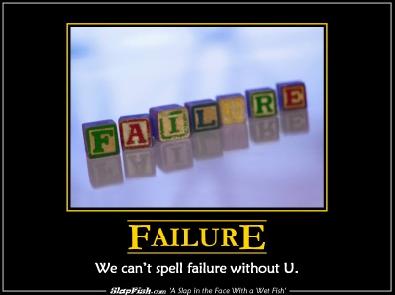

Editor’s note: Jason Sanders is the Vice President of Executive Search at Ivy Exec, whose guest post is a reprinted article with the permission of Ivy Exec.
Most of the resumes that I receive nowadays come from job seekers using career coach services during their executive job search. They may receive advice from an outplacement company hired by their employer, or they may have hired someone themselves.
We have always received unsolicited resumes, but it now seems like using an outside agency is becoming standard practice. That can be great for recruiters because it allows us to decide whether to hit the delete key with much more accuracy.
If you want to set yourself apart from the pack and enhance your ability to network, you have to choose the right company. Here are some things to look for in a career coach:
1. How will their presentation of your credentials set you apart from the pack?
2. Do they offer access to networks that they have nurtured themselves?
3. Would you feel comfortable considering a complete change in the direction of you career, if advised by your career coach?
Notice, that I do not refer to resume templates, databases, mail merges and other such basic tools. Talking about those items as differentiators is like saying a telephone and a laptop make you an outstanding consultant.
If you want to reach a new audience in a new way, you will need a creative, well-connected counselor, who you can trust like you would your doctor.
About Mark Anthony Dyson
I am the "The Voice of Job Seekers!" I offer compassionate career and job search advice as I hack and re-imagine the job search process. You need to be "the prescription to an employer's job description." You must be solution-oriented and work in positions in companies where you are the remedy. Your job search must be a lifestyle, and your career must be in front of you constantly. You can no longer shed your aspirations at the change seasons. There are strengths you have that need constant use and development. Be sure you sign up to download my E-Book, "421 Modern Job Search Tips 2021!" You can find my career advice and work in media outlets such as Forbes, Inc., Fast Company, Harvard Business Review, Glassdoor, and many other outlets.



